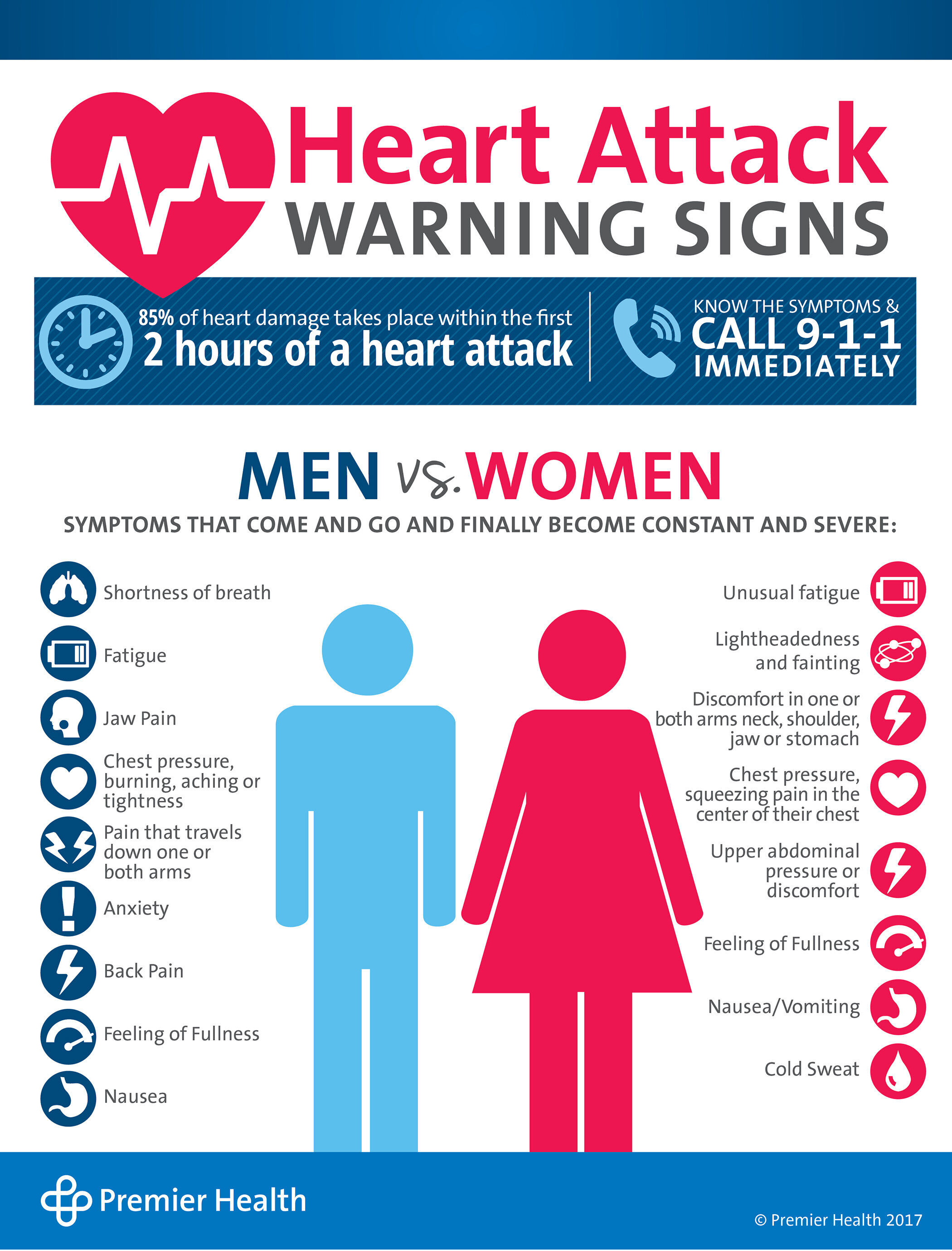Stress & Heart Disease: The silent enemy for officers
/Stress & Heart Disease: The silent enemy for officers
By Robert Foreman
During the current pandemic and social unrest stress levels for many are higher than normal. For law enforcement officers, it is undoubtedly a stressful period on top of an already stress-filled job. However, what many do not realize is that high levels of unchecked stress can have a negative impact on your physical health. According to the University of Rochester Medical Center, our bodies release the hormone cortisol to help us respond to stress.
However, studies have shown that high levels of cortisol produced from long-term stress can increase our blood cholesterol, triglycerides, blood sugar and blood pressure. All of these are well-known risk factors that can lead to heart attacks. Additionally, stress can create changes in our bodies that can cause the buildup of plaque deposits in our arteries. Long-term stress can also impact how our blood clots, which can make the blood stickier and increase the risk of stroke. In short, high levels of stress can be a ticking time bomb waiting to go off inside our bodies.
Yet, even minor stress can impact the flow of blood and oxygen to the heart. So, it is important for people, especially those in high-stress jobs such as law enforcement, to closely monitor their stress levels. In fact, statistics have shown that sudden cardiac death from heart attacks accounts for 10% of the law enforcement deaths in the United States. The International Association of Chiefs of Police previously published data on the correlation between law enforcement and heart attacks and the figures are astounding. Some of their findings concluded that officers are 25 times more likely to die, or be disabled, by a heart attack than from confronting a violent suspect. Additionally, they noted that the average age for an officer to suffer a heart attack is 49 while the average age for civilians to suffer a heart attack is 67.
Most people assume that the only signs that they are experiencing a heart attack are a combination of intense pain in the chest, shortness of breath and sweating. However, the early warnings signs of cardiac arrest can be far more subtle and can surface days, even weeks, before the actual heart attack. This can include, mild discomfort in the chest, abdomen, back and arms/shoulders, unexplained heavy sweating, a sudden and unexplained shortness of breath, constant feelings of indigestion/heartburn and nausea/vomiting, to name a few.
Those symptoms can seem scary when one thinks about how people rush around in their daily lives and just brush things off as ‘normal aches and pains’ or ‘maybe I’m coming down with something’. Everyone can find ways of doing a better job of taking care of their health yet we all tend to fall short. This can include managing stress better, monitoring cholesterol levels, eating healthier, exercising regularly, not smoking (I should quit, but I haven’t yet), drinking in moderation and watching your weight. We all tend to think that we’re indestructible until we realize that we’re not.
For those in law enforcement, it becomes even more imperative to maintain their health. The job of a police officer requires that they often confront dangerous situations, which can increase stress levels that can impact the body and heart. When faced with a life and death situation it is understandable that maintaining a healthy stress level ranks at the bottom of the priority list. Yet, taking the steps to maintain your health can lead to not only a longer career, but a longer life. Every officer wants to ensure that they come home to his or her family at the end of each shift, regardless of the dangers they face in the streets. Don’t let your health be the reason that your family has to lay you to rest. Stay Safe and Stay Healthy!










